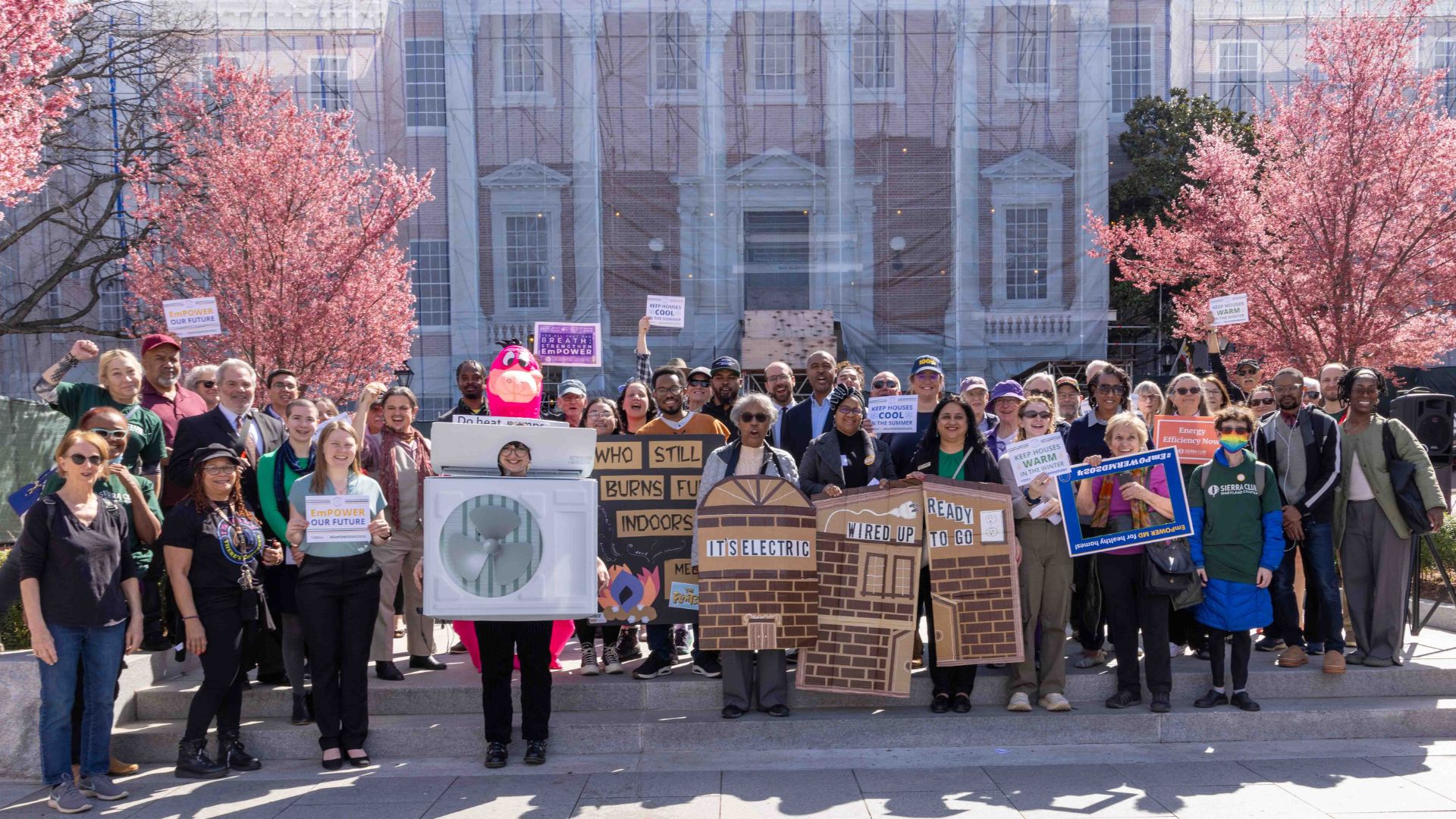
Udall-Vitter Toxic Chemical “Safety” Bill Does not go far enough
Today, the US Senate Environment and Public Works Committee held a hearing on the Vitter-Udall Chemical Safety for the 21st Century Act. We are concerned that the bill undermines state action to protect public health from toxic chemical exposure while falling far short of doing so itself.
Today, the US Senate Environment and Public Works Committee held a hearing on the Vitter-Udall Chemical Safety for the 21st Century Act. We stand strongly in opposition to the bill because it undermines state action to protect public health from toxic chemical exposure while falling far short of doing so itself.
Dangerous chemicals are in the products we use every day. The scientific evidence linking common chemicals to the health problems that burden American families is overwhelming. The primary law responsible for ensuring chemicals are safe – the Toxic Substances Control Act – was passed by Congress in 1976 and has never been updated. While TSCA reform is well overdue, this bill falls woefully short of protecting public health from toxic chemical exposure.
There is an opportunity for landmark reform in Washington this year that provides greater protection of health and safety while also providing regulated industry with a rational and predictable system.
Thankfully Maryland leaders are stepping up to weigh in on the proposal and protect public health from toxic chemicals.
The Maryland General Assembly has restricted six different toxic chemicals in the last six years including heavy metals, toxic flame retardants, and phthalates. And states across the country have taken similar and stronger actions to protect their people. Yesterday, 15 Maryland legislators sent a letter to Senator Cardin, supporting his efforts to negotiate for stronger reform and to defend the MGA’s ability to regulate toxic chemicals.
Senator Cardin has long been a champion on this issue, negotiating to improve the proposed legislation over previous years. Today he spoke of compromise, and worked to build consensus around the need to remove the measures in the draft that preempt state action and co-enforcement.
Maryland Attorney General Brian Frosh joined the conversation in DC, testifying in opposition to preemption and co-enforcement measures in the bill that undermine states’ ability regulate and enforce regulations to “protect the people from poison.” He joins eight other Attorneys General, representing the majority of people in the country, to speak up against these measures in the bill. Read his letter here.
Maryland PIRG, our federal office USPIRG, and environmental and public health groups from around the country have also weighed in in opposition to this bill, and we’ll be doing everything we can to protect public health from toxic chemical exposure. For more information on the details of the bill, check out this blog from our friends at Safer Chemicals, Healthy Families. You can also loop in to the conversation on Twitter at #TSCA.
Topics
Authors
Emily Scarr
State Director, Maryland PIRG; Director, Stop Toxic PFAS Campaign, PIRG
Emily directs strategy, organizational development, research, communications and legislative advocacy for Maryland PIRG. Emily has helped win small donor public financing in Baltimore City, Baltimore County, Howard County, Montgomery County, and Prince George's County. She has played a key role in establishing new state laws to to protect public health by restricting the use of antibiotics on Maryland farms, require testing for lead in school drinking water and restrict the use of toxic flame retardant and PFAS chemicals. Emily also serves on the Executive Committees of the Maryland Fair Elections Coalition and the Maryland Campaign to Keep Antibiotics Working. Emily lives in Baltimore City with her husband, kids, and dog.
Find Out More

2024 Maryland Legislative Session: Wins and Losses

Protecting Maryland Water from PFAS Pollution

PIRG’s warmest wishes for a safe and happy new year
